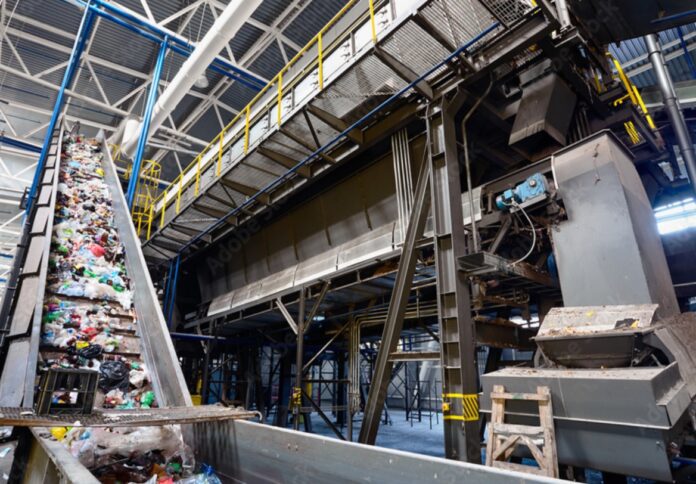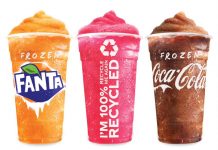
The Western Australian Government has marked National Recycling Week by outlining progress in waste reduction and circular economy initiatives across the state.
According to the state government, more than $16 million has been provided in WasteSorted grants since 2017 to support schools, businesses, local governments, and community groups working on waste avoidance and recycling initiatives.
Western Australia’s recycling industry currently employs more than 3,000 people and contributes over $500 million annually to the national economy, the government said in a media release.
Key achievements recognised include the Containers for Change scheme, the Plan for Plastics, the rollout of Food Organics and Garden Organics (FOGO) recycling, and the WasteSorted grants program.
Now in its fifth year, Containers for Change has collected more than 4.6 billion containers, created over 840 jobs, and raised $16.7 million for local charities, schools, and community groups.
The scheme’s recycling rate has increased from 34 to 65 per cent, with plans to expand in mid-2026 to include wine and spirit bottles, the government noted.
It added the next phase of the State’s Plan for Plastics will introduce a ban on single-use plastic barrier bags for loose produce and confectionery, while the FOGO system continues to expand across Perth and Peel, reaching nearly 300,000 households.
Since 2017, the government said more than $114 million has been invested by government and industry in tyre recycling facilities at East Rockingham, Port Hedland, and Neerabup, creating new jobs and producing rubber, oil, and steel from end-of-life tyres.
Environment Minister Matthew Swinbourn said National Recycling Week was an opportunity to reflect on Western Australia’s progress toward a low-waste future.
“From community-led initiatives to major infrastructure, Western Australia is leading the way in building a low-waste future,” Swinbourn said.
“Whether it is sorting waste at home, returning containers, or choosing reusable options, every action counts.”



















